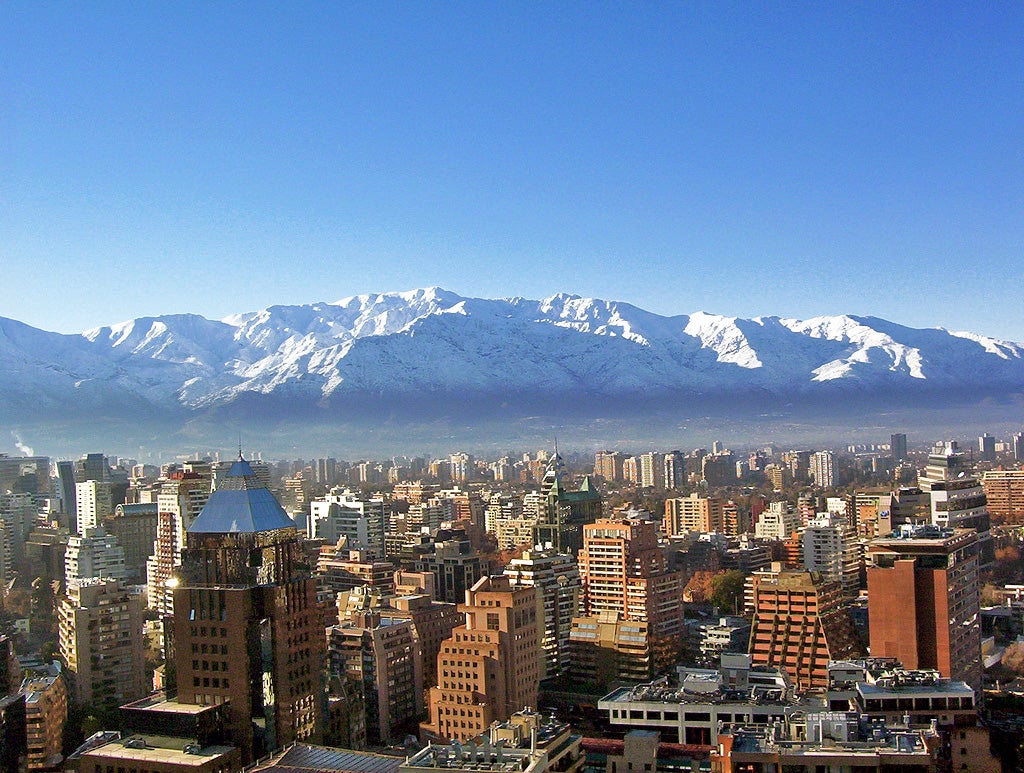The ten most unequal developed countries in the world
The latest OECD data on which developed countries have the biggest gap between rich and poor

Your support helps us to tell the story
From reproductive rights to climate change to Big Tech, The Independent is on the ground when the story is developing. Whether it's investigating the financials of Elon Musk's pro-Trump PAC or producing our latest documentary, 'The A Word', which shines a light on the American women fighting for reproductive rights, we know how important it is to parse out the facts from the messaging.
At such a critical moment in US history, we need reporters on the ground. Your donation allows us to keep sending journalists to speak to both sides of the story.
The Independent is trusted by Americans across the entire political spectrum. And unlike many other quality news outlets, we choose not to lock Americans out of our reporting and analysis with paywalls. We believe quality journalism should be available to everyone, paid for by those who can afford it.
Your support makes all the difference.The UK is one of the most unequal developed nations in the world, according to a new report warning that such disparity stunts economic growth and damages the fabric of society.
The OECD’s study 'In It Together: Why Less Inequality Benefits All' has revealed that income inequality rises both in times of prosperity, as well as when the economy is performing badly.
It added that growth has disproportionately benefited high income groups, and left lower income households behind.
In turn, inequality has negatively affected GDP growth as the distance between the lower 40 per cent from the remainder of society becomes wider.
Across 34 member states, income inequality between 1985 and 2005 knocked 4.7 percentage points off cumulative growth between 1990 and 2010 on average, according to the study.
“Lower income people have been prevented from realising their human capital potential, which is bad for the economy as a whole,” an abstract to the study states.
To make their findings, researchers ranked inequality in the developed world according to the distribution of income.
The OECD says its findings raise social and political questions in addition to economic ones.
Researchers have urged world leaders to tackle resulting problems by developing policies targeting non-standard work and job polarisation; persistent gender gaps; and high wealth concentration.
Get the latest OECD data HERE.
Additional reporting by AP
Join our commenting forum
Join thought-provoking conversations, follow other Independent readers and see their replies
Comments